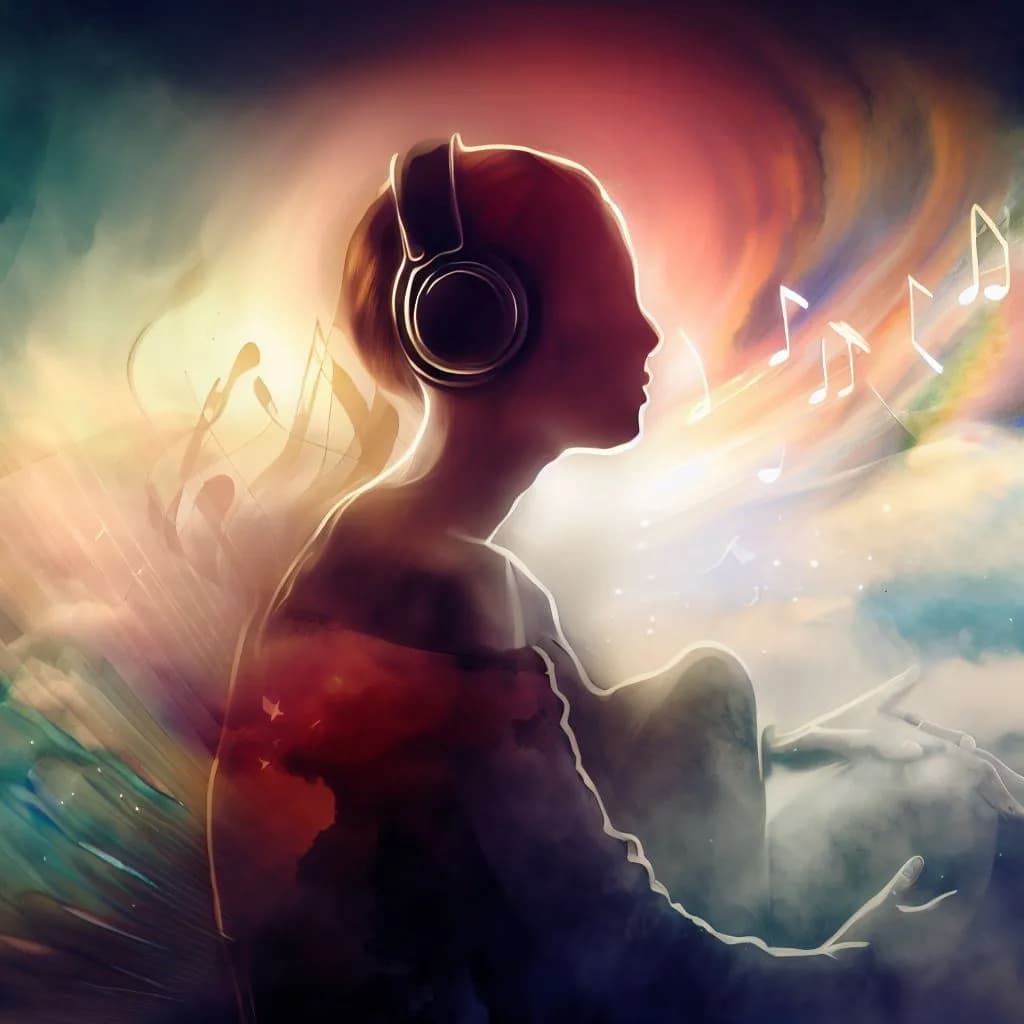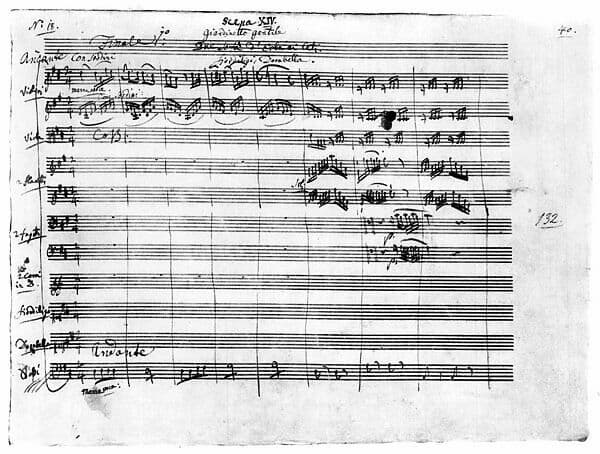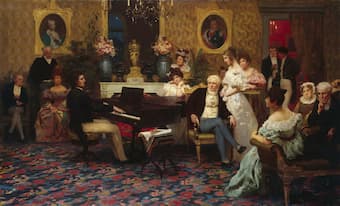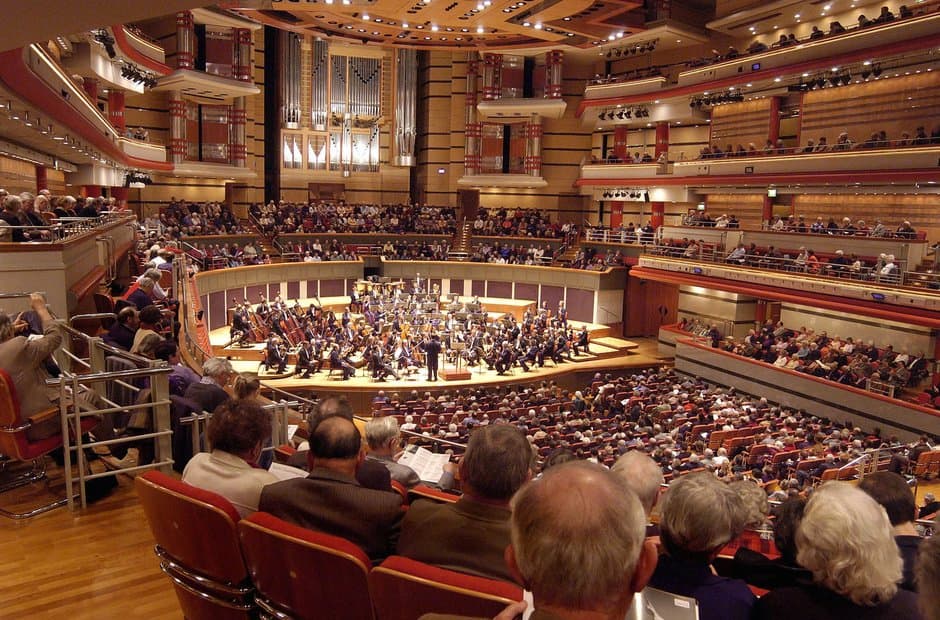Have you ever found yourself awed by a symphony? Have you ever been moved to tears by a delicate cascade of notes in a piano concerto? Have you ever wondered why this music makes me feel so emotional?

© medium.com
Classical music has a remarkable ability to evoke profound emotional responses in listeners. Of course, the way we all experience emotion is deeply subjective, but it is possible to delve into some broad theories and possibilities why classical music, in particular, has the power to make people feel so deeply.
Here are our five best guesses as to why classical music makes us so emotional:
Classical Music’s Melodies and Harmonies Are Affecting
One reason why classical music elicits such a profound emotional response likely lies in its wide-ranging palette of melodies and harmonies.
Those melodies and harmonies can work together with each other in intricate ways that enhance an emotional impact.
Take, for example, Samuel Barber’s Adagio for Strings, one of the great tearjerkers of twentieth-century music. Listen for the yearning in the long melodic phrases, as well as how the harmonies, or accompanying chords underneath the melodies, create tension and a feeling of hopelessness.
Vienna Philharmonic – Barber: Adagio for Strings, Op.11 (Summer Night Concert 2019)
Great composers are able to craft melodies and harmonies that resonate with listeners’ feelings, thoughts, and experiences.
Dynamic Range and Contrast Help Us Feel Things Deeply

© Hoffman Academy
Compared to most other musical genres, classical music employs a wide dynamic range, going from soft whispers to thundering fortes.
Turns out, these fluctuations in volume and intensity have a profound impact on our emotional state. If the music stays quiet, we might feel calm. If the music changes volume at random, we might feel a sense of instability.
Listen to this movement from Beethoven’s Fifth Symphony. He’s a composer famous for using sudden, violent dynamic changes to set a mood or to create a frantic atmosphere.
Beethoven: Symphony No. 5, First movement (Benjamin Zander, Boston Philharmonic Orchestra)
If you’ve seen a live performance of a piece like this, you will know that this contrast is not just an audible experience; it’s a physical one. You’ll feel the sound waves hit you, making the experience a full-body one.
This interplay of contrasting dynamics within a piece keeps listeners engaged throughout their musical journey.
Storytelling Without Words
Only some classical music features sung words. But via the genres of symphonic poem, chamber music, or even sonata form, classical music has the ability to depict scenes and convey characters and conflicts through sound alone.
These musical narratives connect with our own experiences, memories, and imaginations, helping to trigger emotional responses in us.
Richard Strauss was especially famous for this. Listen to his tone poem Don Quixote for cello and orchestra, a portrait of the strangely noble, loveable knight helplessly caught in the throes of delusion and stuck in a cruel world that doesn’t understand him.
Strauss: Don Quixote / Rostropovich · Karajan · Berliner Philharmoniker
Timelessness and Historical Connection

Manuscript of Mozart’s Così fan tutte
Classical music, for better and worse, boasts a complex historical and cultural heritage.
When we listen to classical compositions, we connect to the past and become part of a long-running tradition.
The knowledge that this particular music has been enjoyed by so many generations before us in so many different emotionally meaningful contexts can create a real sense of awe and reverence.
When we listen to, say, the deeply heartfelt finale of Brahms’s first symphony, which premiered in 1876 and has never left the repertoire, we’re connecting not only with the audiences of Brahms’s day but generations of audiences since.
Intense emotions are somehow easier to bear – and more intense to experience – when we consider that we’re part of a long line of people who have experienced them.
And it’s also fairly certain that these works will continue to be played for future audiences, too…which adds a whole other level of poignancy!
Brahms Symphony No.1
Transcendence and Catharsis
For these and other reasons, classical music has the power to transport us beyond our immediate reality that transcends time and space.
In moments of massive musical climaxes that might take as long as thirty minutes or an hour to arrive at, listeners often experience a sense of catharsis.
That sense of catharsis can be heightened if a virtuoso soloist or orchestra pulls off a dazzling performance.
There’s nothing else like seeing a classical musician – or a whole stage full of classical musicians – using acoustic instruments to create some of the biggest music you’ll ever experience live.
These moments allow us to experience and process our deepest emotions in a safe way. And if that idea itself doesn’t make you emotional, I don’t know what will!
James Ehnes plays Tchaikovsky with The Philadelphia Orchestra
Conclusion

Henryk Siemiradzki: Chopin concert
Clearly, classical music is a powerful artistic medium that continues to move audiences across the world and across generations.
So, in a nutshell, here are our five best guesses as to why classical music makes us so emotional.
- Classical music features expressive harmonies and melodies.
- Classical music often employs intense dynamic contrasts.
- Classical music consists of powerfully wordless narratives.
- Classical music makes us feel like we’re part of a continuum of listeners stretching through time.
- Classical music can inspire a kind of large-scale catharsis.
Next time you listen to classical music and feel emotional, don’t fight it: let yourself be swept away, and embrace whatever emotions that the music stirs within you.
For more of the best in classical music, sign up for our E-Newsletter





If your parents listen to classical music when you bare very young or in the womb, you hear it and feel their emotions. In this way you carry an emotional connection with you for the rest of your life.